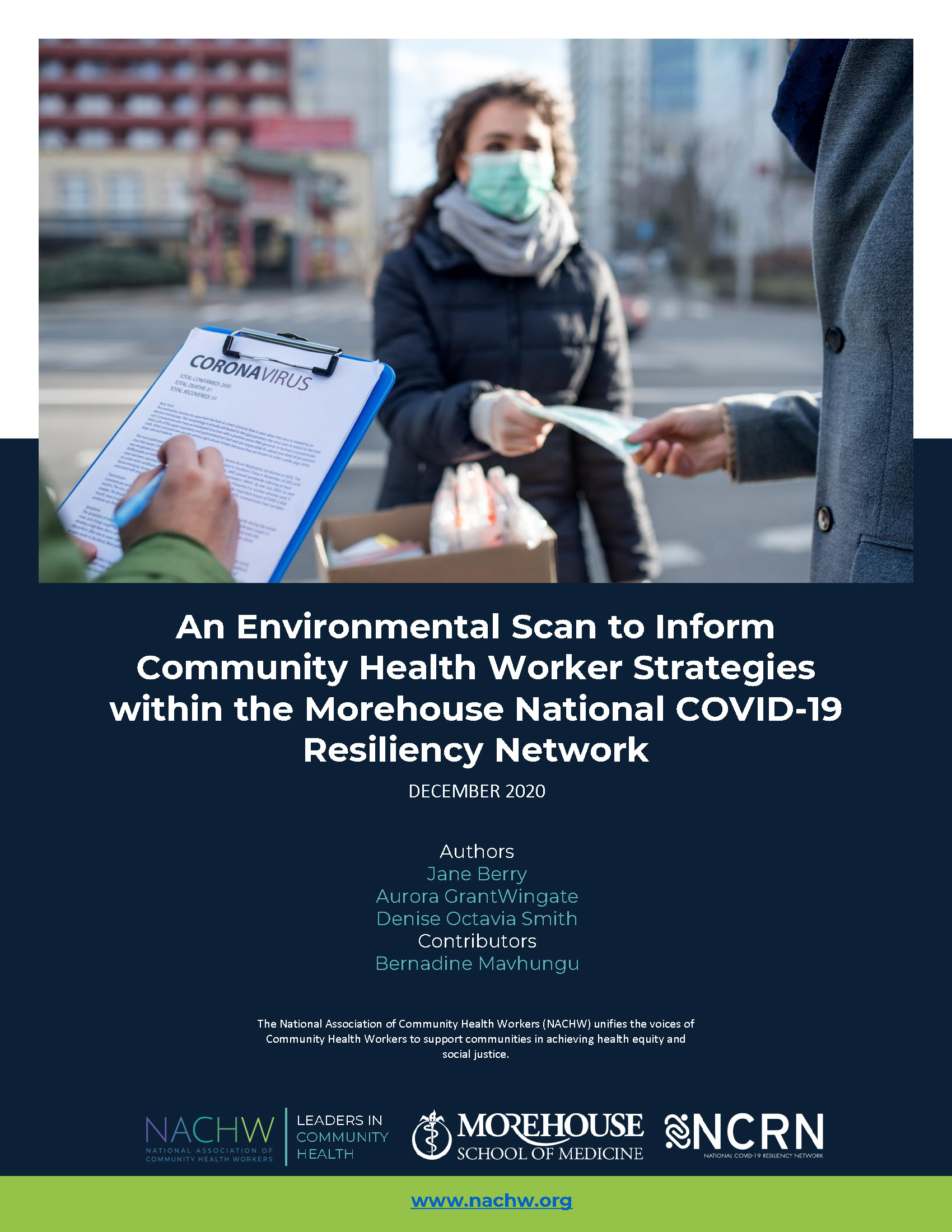Table of Contents
- Executive Summary 1
- Background 13
- The Morehouse School of Medicine’s National COVID-19 Resiliency
- Network (NCRN) 14
- Environmental Scan 16
- State Specific Descriptions 28
- Listening Sessions 42
- Key Informant Perspectives on Challenges and Strategies to Partner &
- Engage Populations of Focus 48
- Appendix 55
On December 12, 2020 the Centers for Disease Control and Prevention’s Advisory Committee on Immunization Practices voted to recommend that persons over the age of 16 receive the Pfizer coronavirus (SARS COV-2) vaccine in the United States, one day after the Food and Drug Administration approved emergency use authorization of the same. While hailed as the beginning of the end of a pandemic that has infected over 17 million and taken the lives of over 308,000 people in the US, this announcement does not overshadow predictions of a dark winter with tens of thousands of more lives at risk. Nor does it drown out the pleas from local and state leaders, including bipartisan governors in the COVID Collaborative— calling on the public to maintain public health measures: avoid crowds, social distance, wash hands frequently and wear masks – currently the only effective tactics to general infection and protect those with increased risk of contracting or becoming ill from the virus.
READ THE FULL SUMMARY BELOW



